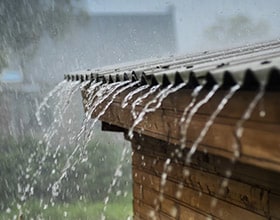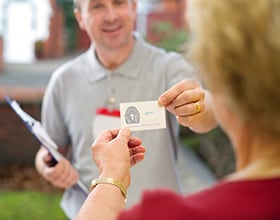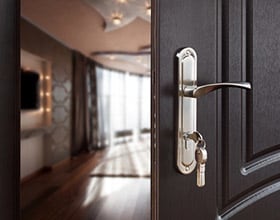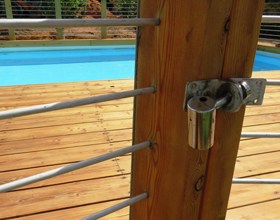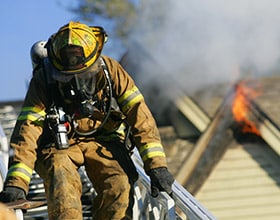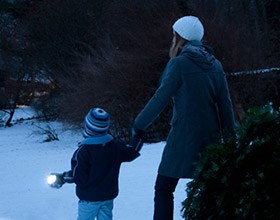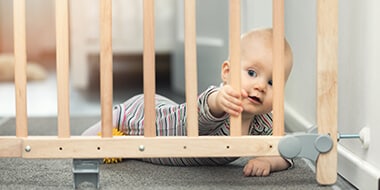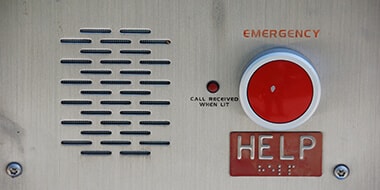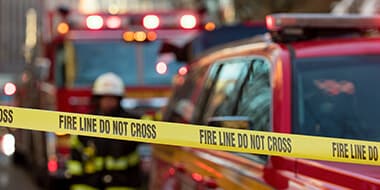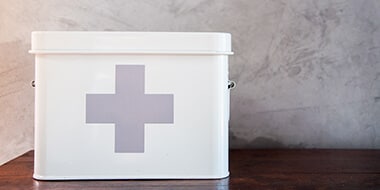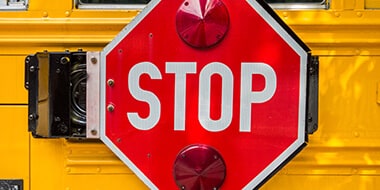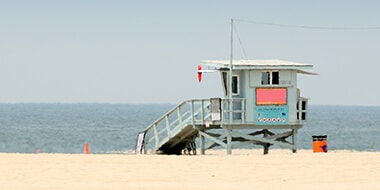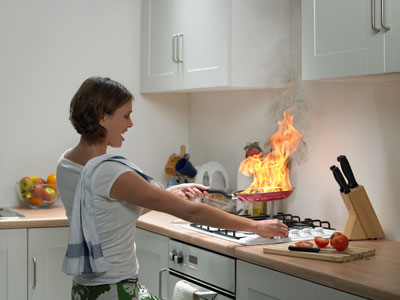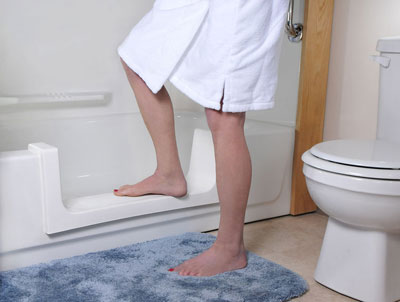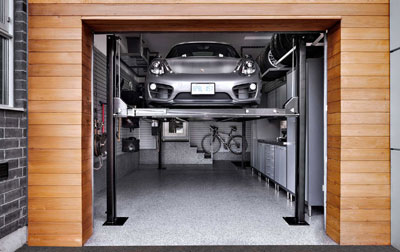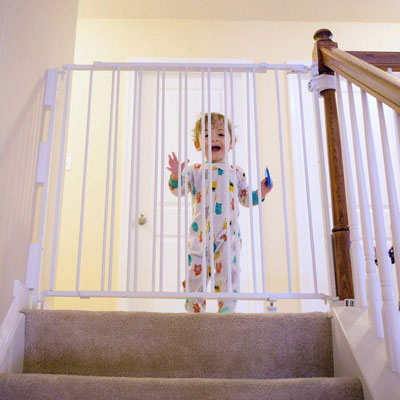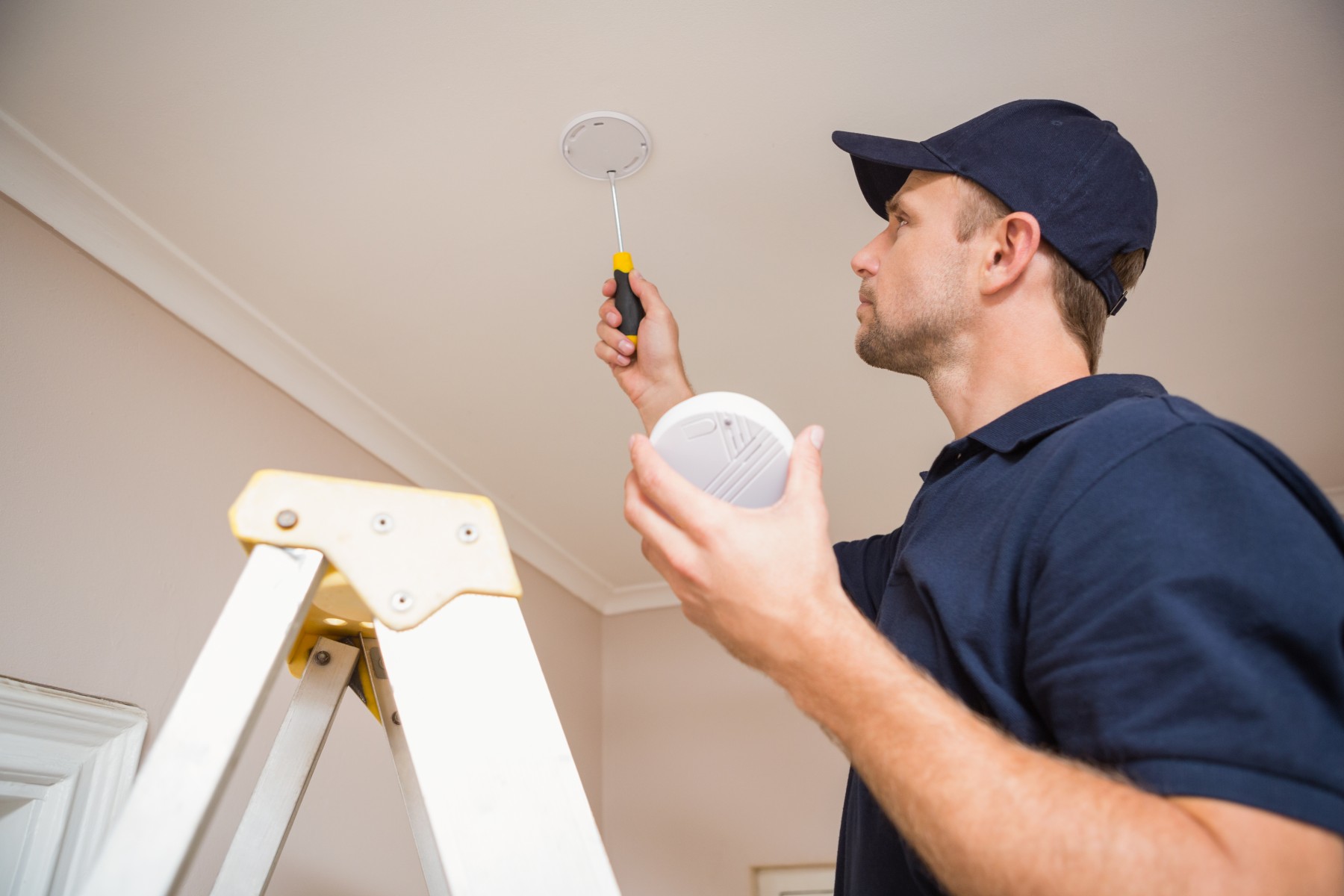Heavy gear is a must on just about any building project. Rollovers, struck by injuries and caught between injuries are typical ways employees can be hurt when working near or on heavy equipment.
Follow these safety tips when working with heavy equipment on the Construction site to make sure you stay productive and keep an accident-free jobsite:
Coaching
Employees should be educated on the Appropriate procedures to safely function All bits of equipment they'll be operating on. Training ought to be performed as a mixture of classroom and practical hands-on education. Issues that needs to be covered include security, hazard identifications, security features of the gear and safe maneuvering of these heavy gear.
Employees should be educated on how to securely mount and dismount and also the Appropriate start up process for every piece of gear. They ought to have a very clear comprehension of lifting loads and load capability for the gear they'll be operating on. Retraining and refresher courses must be performed as necessary, particularly if an employee is observed operating equipment unsafely or in a way aside from its intended function. Only trained employees should be permitted to operate equipment for virtually any reason.
Be Conscious of your environment
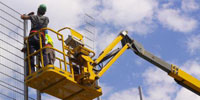 When working heavy equipment, you Want to mindful of this area you Are functioning in and any hurdles you will encounter. Overhead power lines ought to be deenergized, or in case that is impossible, set barriers to prevent contact them. When digging, be certain that all underground utilities, like sewer, gas, water and electric, have already been identified and clearly marked to prevent damaging them and generating flaws and much more work.
When working heavy equipment, you Want to mindful of this area you Are functioning in and any hurdles you will encounter. Overhead power lines ought to be deenergized, or in case that is impossible, set barriers to prevent contact them. When digging, be certain that all underground utilities, like sewer, gas, water and electric, have already been identified and clearly marked to prevent damaging them and generating flaws and much more work.
Whenever possible, employees should be kept out of places where significant Equipment is in working.
Entering and leaving equipment
When scaling equipment, always keep three points of touch just as you do when scaling a ladder. Never take anything with you while you enter or leave the taxi. Never jump from the taxi or off the gear to depart.
Never enter or leave equipment that's moving or in performance. Make visually inspect heavy gear before each use to make sure it is in Great operating condition. Check trails and tires for any damage and wear. In the minimum, you ought to check fluid levels like engine oil and hydraulic oil and fluid levels before you begin the gear for the very first time every day. Make certain all attachments are firmly locked into position.
If you shoot up the gear, Make Sure That the lights, gauges, horn And backup alerts are all functioning correctly. If the cab moves, check to be certain it can do this in most directions. Never use equipment which is not functioning properly or seems damaged. Not only can you harm the machine farther, but it might be a significant security issue if not repaired prior usage.
Simply use equipment for the intended purpose
Each piece of gear was created to carry out a particular job. Excavators are not cranes and wheel loaders were not designed to carry employees in the bucket and utilized within an aerial lift. Decide on the ideal item of gear for the job at hand and use it as the producer intended.
Do not overload or overwork gear. Lift capacity of this gear. This may require obtaining a larger piece of gear if everything you have is not sufficient to get the work finished. When lifting stuff, be certain all riggings are correctly secured. Do not attempt to go too quickly when working gear, particularly on slopes.
Those seatbelts are not only a proposal, but they can save your own life. In case the equipment begins to roll or tip over, the seatbelt is most likely going to keep you alive. If gear begins to roll or tip over, you could unconsciously be forced to leap from the taxi. Regrettably, that's the worst thing that you can do. The gear could tip the other way and drop on because you make your escape or you may get captured or flung out since it rolls over and badly hurt.
To keep you secure in this kind of occasion. The seatbelt is going to save you from getting jostled about and banged up or flung in the taxi.
If you're moving or working equipment near employees use a spotter, utilizing hand or radio signals to convey, to maintain your blind spots apparent. This is particularly important if backing up. Yes, the gear will have backup alarms, but they frequently go unheeded on building sites because of their prevalence.
Other Methods to remember
When unloading and loading equipment at the website, be sure to do it on flat ground to prevent rollovers when putting it off the trailer or truck.
Ensure tires are engaged and utilize chocks to block wheels.
Working with or around heavy gear ought to be a part of your general security program. All employees should be educated about the risks and risks of working with heavy gear.
To learn more, contact our experts from equipment rental columbus oh.

